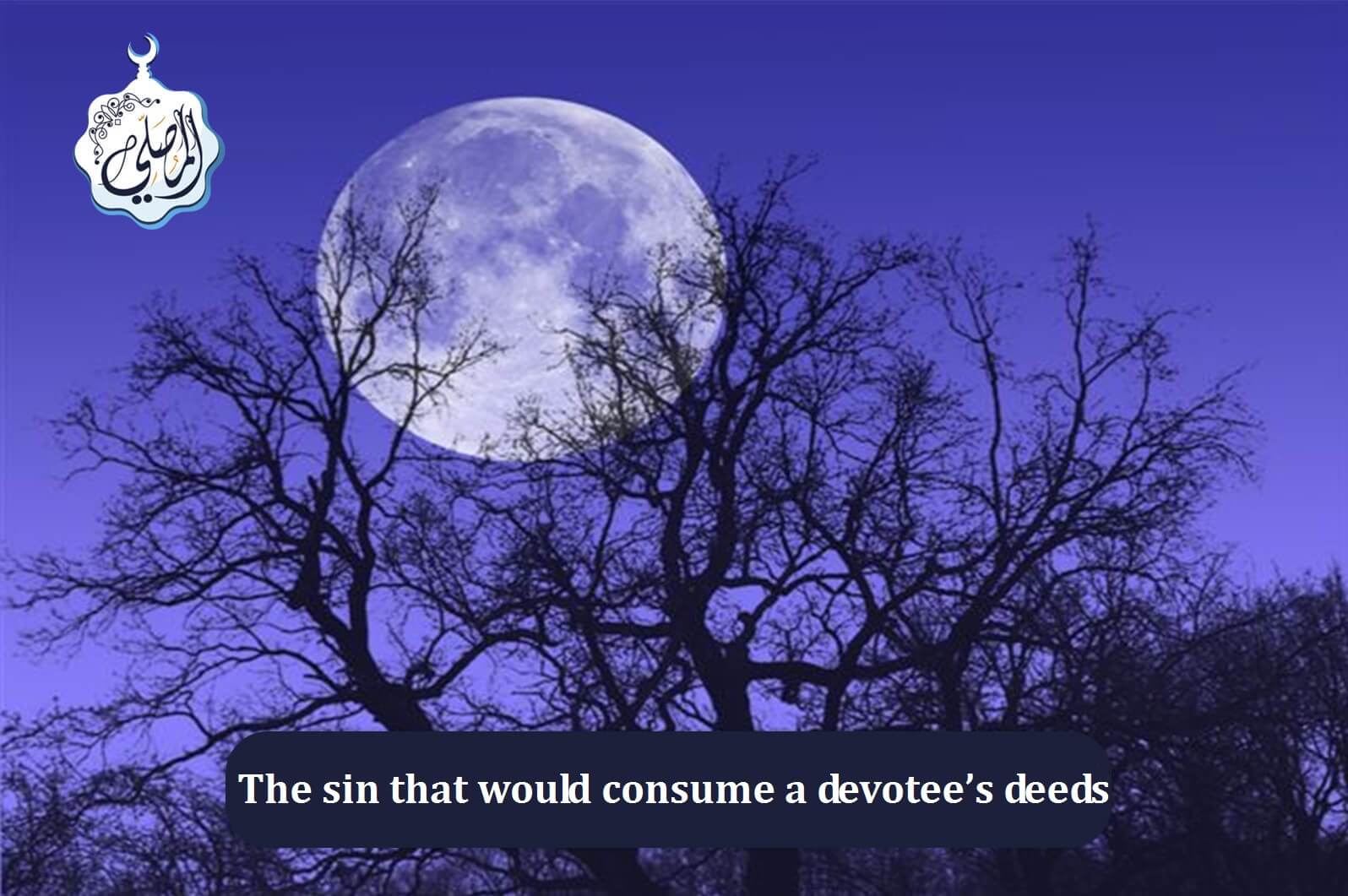
Ramadan, the ninth month of the Islamic lunar calendar, is a time of great spiritual significance for Muslims worldwide. Central to this holy month is the obligation of fasting from dawn to sunset. However, Islamic law, in its wisdom and mercy, outlines specific guidelines on who must fast and who may be exempt. This article aims to provide a comprehensive overview of these rulings to help Muslims understand their obligations during Ramadan.
I. The Obligation of Fasting:
Fasting in Ramadan is one of the Five Pillars of Islam. Allah says in the Quran:
"O you who have believed, decreed upon you is fasting as it was decreed upon those before you that you may become righteous." (Quran 2:183)
This verse establishes fasting as a mandatory act of worship for believers.
II. Who Must Fast:
-
Adult Muslims: Fasting is obligatory for all adult Muslims who have reached the age of puberty.
-
Sound Mind: The individual must be of sound mind and capable of understanding the obligation.
-
Physically Able: The person must be physically capable of enduring the fast without severe hardship.
-
Resident (Non-Traveler): Those who are not traveling long distances are required to fast.
-
Free from Temporary Impediments: Women who are not menstruating or experiencing post-childbirth bleeding.
III. Who is Exempt from Fasting:
-
Children: Those who have not reached puberty are exempt, though they may be encouraged to fast partially to build the habit.
-
The Elderly: Older adults who cannot bear the hardship of fasting due to weakness or illness are exempt.
-
The Chronically Ill: Those with persistent health conditions that make fasting dangerous or extremely difficult are exempt.
-
Travelers: Those undertaking journeys that meet the Islamic criteria for travel may choose to postpone their fasts.
-
Pregnant and Breastfeeding Women: If fasting poses a risk to the mother or child, they are permitted to postpone their fasts.
-
Menstruating Women and Those with Postpartum Bleeding: They are prohibited from fasting during their periods but must make up the missed days later.
-
The Mentally Incapacitated: Individuals who lack the mental capacity to understand or fulfill the obligation are exempt.
IV. Detailed Explanations of Exemptions:
- Travelers:
- The journey should typically be at least 48 miles (77 km) according to many scholars.
- Travelers have the option to fast or to make up the days later.
- If fasting doesn't pose hardship, it's generally considered better to fast.
- The Ill:
- This includes both temporary and chronic illnesses.
- The illness should be such that fasting would either worsen the condition, delay recovery, or cause extreme hardship.
- Those with temporary illnesses should make up the fasts when they recover.
- Pregnant and Breastfeeding Women:
- If they fear harm to themselves or their babies, they may postpone fasting.
- They should make up the missed fasts later when it's safe to do so.
- Some scholars say they may also feed a poor person for each missed day in addition to making up the fasts.
- The Elderly:
- If fasting causes extreme difficulty or health risks, they are permanently exempt.
- They should feed a poor person for each day of Ramadan they cannot fast.
V. Making Up Missed Fasts:
Those who are temporarily exempt (like travelers or those with curable illnesses) must make up the missed fasts after Ramadan when their excuse no longer applies. This is based on the Quranic verse:
"And whoever is ill or on a journey - then an equal number of other days." (Quran 2:185)
VI. Fidya (Compensation):
For those permanently unable to fast (like the elderly or chronically ill), the concept of Fidya applies. This involves feeding a poor person for each day of fasting missed. The amount should be sufficient for one average meal in your locality.
The Islamic rulings on fasting during Ramadan reflect both the importance of this act of worship and Allah's mercy towards His creation. While fasting is obligatory for most adult Muslims, provisions exist for those who cannot fast due to valid reasons. These exemptions demonstrate the balance and flexibility inherent in Islamic law, ensuring that worship remains meaningful and achievable without causing undue hardship.
As we approach or observe Ramadan, let us strive to fulfill our obligations to the best of our abilities, always seeking Allah's pleasure and forgiveness. May Allah accept our fasts, prayers, and good deeds, and may He grant us the full blessings of this holy month. Ameen.










 share facebook
share facebook share whatsApp
share whatsApp share twitter
share twitter share telegram
share telegram copy
copy







